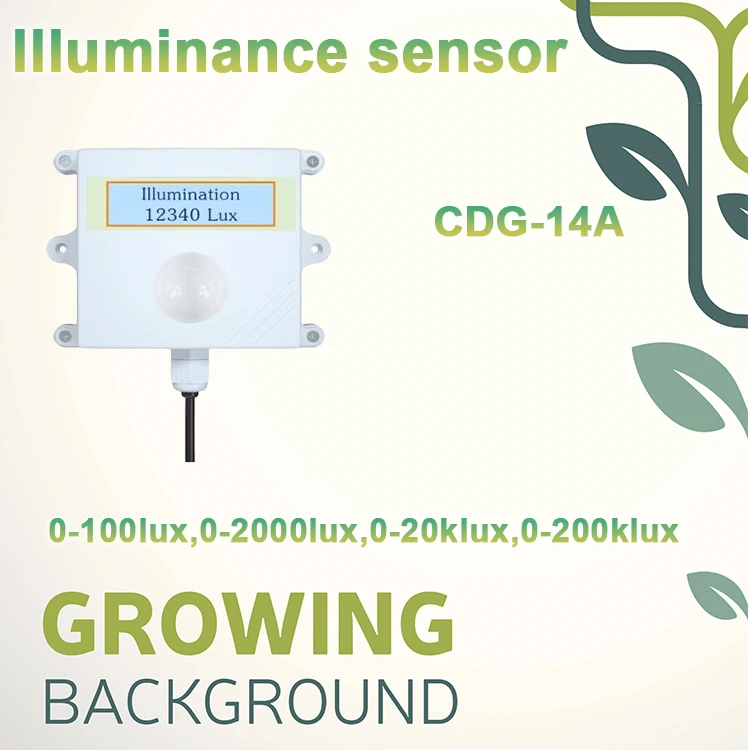
# Light Sensor: Definition and Applications
## What is a Light Sensor?
A light sensor is an electronic device that detects and measures the intensity of light in its surroundings. It converts light energy into an electrical signal, which can then be processed by other electronic components or systems. Light sensors are commonly used in various applications, from simple automatic lighting systems to complex industrial automation.
## How Does a Light Sensor Work?
Light sensors typically work by using a photodetector, which is a component that reacts to light. The most common types of photodetectors include:
- Photoresistors (LDRs) – change resistance based on light intensity
- Photodiodes – generate current when exposed to light
- Phototransistors – amplify the light-induced current
- Solar cells – convert light energy into electrical energy
When light hits the sensor’s surface, the photodetector produces an electrical signal proportional to the light intensity. This signal is then processed by the connected circuitry to perform various functions.
## Types of Light Sensors
1. Ambient Light Sensors
These measure the general light level in an environment and are commonly used in smartphones and tablets to automatically adjust screen brightness.
2. Infrared Sensors
These detect infrared light and are used in remote controls, night vision equipment, and motion detectors.
3. UV Light Sensors
These measure ultraviolet light intensity and are used in weather stations, UV index meters, and some industrial applications.
4. Color Sensors
These can distinguish between different colors of light and are used in quality control, printing, and display calibration.
## Applications of Light Sensors
Consumer Electronics
Light sensors are widely used in smartphones, tablets, and laptops to automatically adjust screen brightness based on ambient light conditions.
Automotive Industry
They are used in automatic headlight systems, dashboard lighting control, and rain-sensing wipers.
Home Automation
Light sensors enable smart lighting systems that turn lights on/off based on natural light availability.
Industrial Applications
They are used in quality control systems, sorting machines, and production line monitoring.
Agriculture
Light sensors help monitor sunlight exposure for optimal plant growth in greenhouses and automated farming systems.
## Advantages of Using Light Sensors
- Energy efficiency through automatic light control
- Improved user experience in electronic devices
- Enhanced safety in automotive applications
- Better product quality in manufacturing
- Reduced human intervention in various systems
## Future of Light Sensor Technology
As technology advances, light sensors are becoming more sophisticated, with improved accuracy, smaller sizes, and lower power consumption. Emerging applications include augmented reality systems, advanced biometric security, and smart city infrastructure. The integration of light sensors with AI and IoT technologies is opening up new possibilities for automation and data collection across various industries.
Keyword: what is light sensor